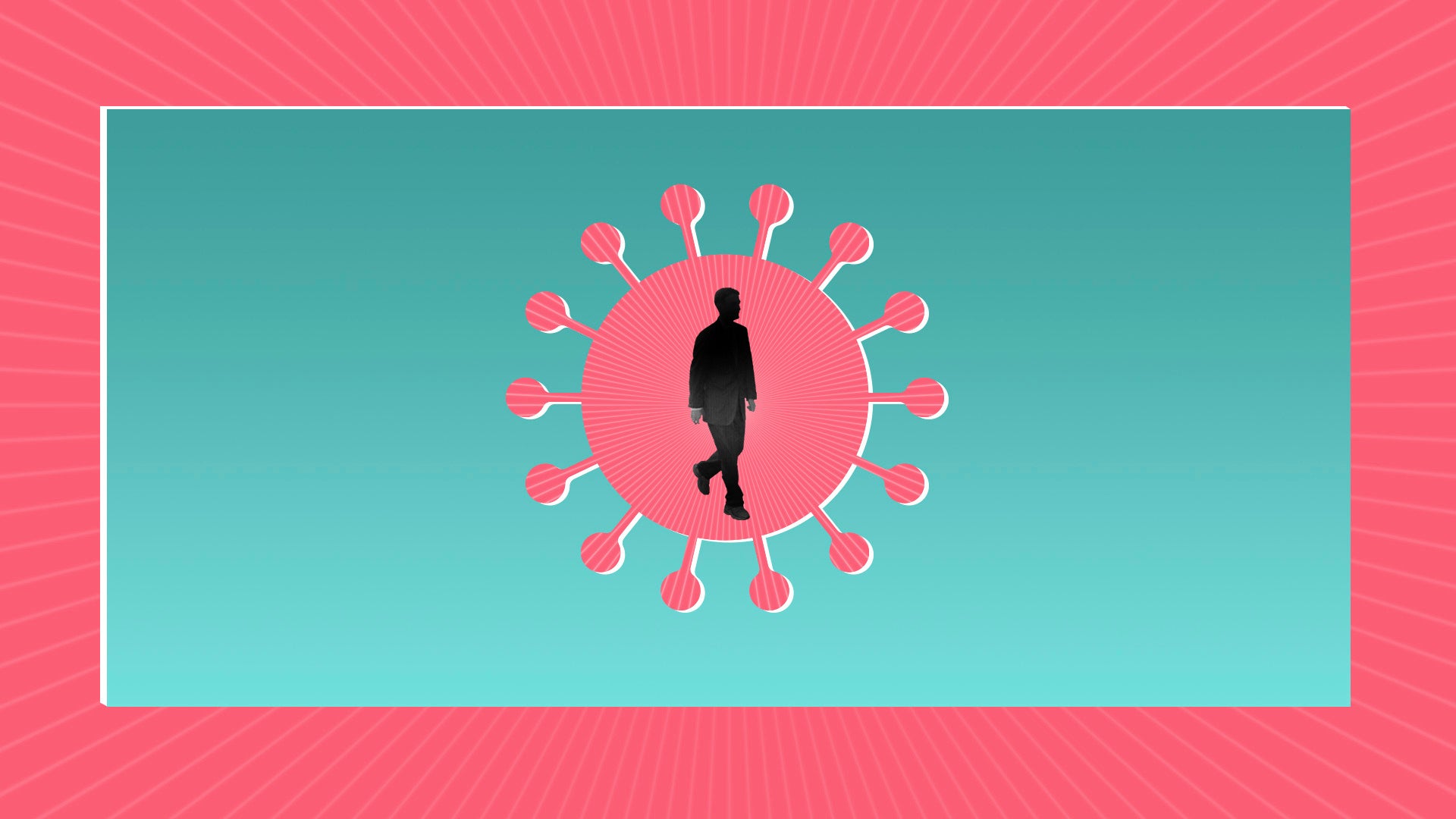Why are so many vaccinated people getting COVID-19 lately?
Why are so many vaccinated people getting COVID-19 lately

Your support helps us to tell the story
From reproductive rights to climate change to Big Tech, The Independent is on the ground when the story is developing. Whether it's investigating the financials of Elon Musk's pro-Trump PAC or producing our latest documentary, 'The A Word', which shines a light on the American women fighting for reproductive rights, we know how important it is to parse out the facts from the messaging.
At such a critical moment in US history, we need reporters on the ground. Your donation allows us to keep sending journalists to speak to both sides of the story.
The Independent is trusted by Americans across the entire political spectrum. And unlike many other quality news outlets, we choose not to lock Americans out of our reporting and analysis with paywalls. We believe quality journalism should be available to everyone, paid for by those who can afford it.
Your support makes all the difference.Why are so many vaccinated people getting COVID-19 lately?
A couple of factors are at play, starting with the emergence of the highly contagious omicron variant. Omicron is more likely to infect people, even if it doesn't make them very sick, and its surge coincided with the holiday travel season in many places.
People might mistakenly think the COVID-19 vaccines will completely block infection, but the shots are mainly designed to prevent severe illness, says Louis Mansky, a virus researcher at the University of Minnesota
And the vaccines are still doing their job on that front, particularly for people who've gotten boosters.
Two doses of the Pfizer-BioNTech or Moderna vaccines or one dose of the Johnson & Johnson vaccine still offer strong protection against serious illness from omicron. While those initial doses aren’t very good at blocking omicron infection, boosters — particularly with the Pfizer and Moderna vaccines — rev up levels of the antibodies to help fend off infection.
Omicron appears to replicate much more efficiently than previous variants. And if infected people have high virus loads, there's a greater likelihood they'll pass it on to others, especially the unvaccinated. Vaccinated people who get the virus are more likely to have mild symptoms, if any, since the shots trigger multiple defenses in your immune system, making it much more difficult for omicron to slip past them all.
Advice for staying safe hasn't changed. Doctors say to wear masks indoors, avoid crowds and get vaccinated and boosted. Even though the shots won’t always keep you from catching the virus, they'll make it much more likely you stay alive and out of the hospital.
___
The AP is answering your questions about the coronavirus in this series. Submit them at: FactCheck@AP.org. Read more here:
Do at-home COVID-19 tests detect the omicron variant?
How can I protect myself from the new omicron variant?
Can your pet get COVID-19?